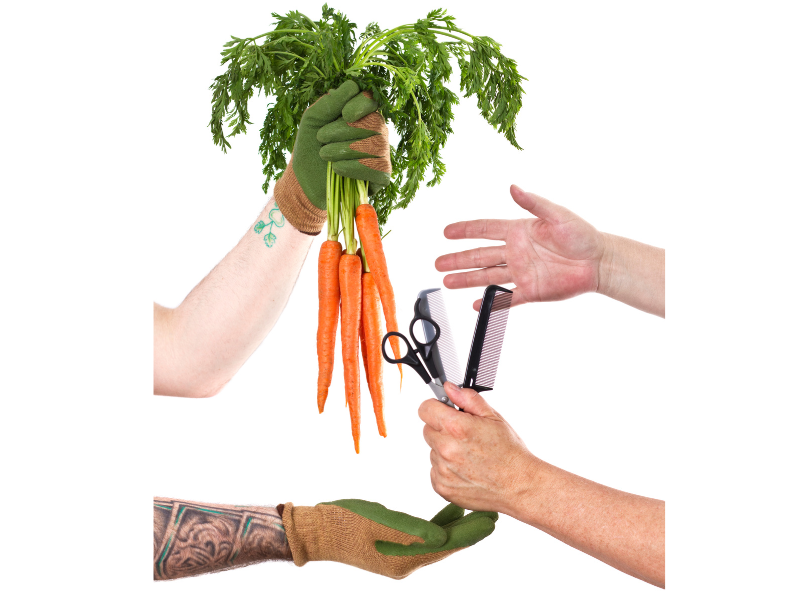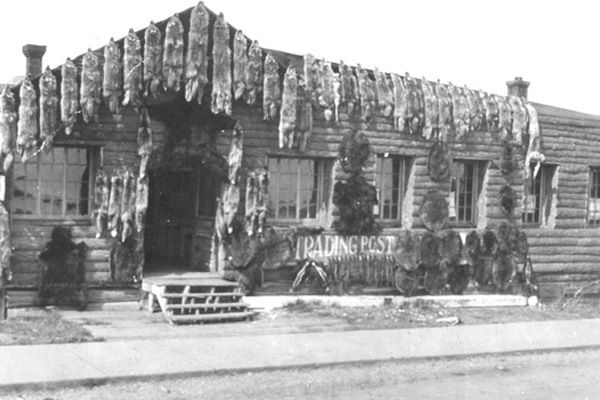When disaster strikes—be it natural or economic—supplies can become scarce. Bartering is a crucial skill that allows you to trade goods and services to help you and your family during emergencies or times of financial hardship.
Why Bartering Is Important
Imagine the economy collapses, or your household budget becomes incredibly tight. In such situations, you could barter your unique goods or services instead of relying on currency. Bartering with your neighbors can help you trade for items your family urgently needs.
How to Barter
If you've never bartered before, here’s a step-by-step guide to get you started:

- Figure out what you want: In an emergency, assess your needs versus wants.
- Figure out what you can give: Consider items you’d sell at a garage sale. Do you have valuable skills or hobbies you can teach someone? What chores or tasks do you enjoy doing?
- Identify a trading partner: Look for someone in need of the goods or services you can provide. Make a list of potential partners if necessary.
- Negotiate and ask: Approach the barter with an idea of what you want. Be clear and specific about the trade. For example, “I’d like to exchange homemade bread for fresh eggs.”
Tips to Barter Like a Professional
Here are some pro tips to make your bartering experience more successful. Share your own tips in the comments!
- Assess a dollar value: Research the price of the item you want to barter. This helps you gauge the value of potential trades. Keep in mind that value often depends on a person’s needs and preferences.
- Set a time frame: Agree on when the services or goods will be exchanged. For ongoing trades, set a date to re-evaluate the agreement.
- Understand taxes with bartering: Some bartered items or services may require reporting on your tax return, especially for businesses. For example, mowing a neighbor’s lawn in exchange for homemade jerky isn’t taxable, but trades between businesses typically are.
- Get it in writing: To avoid disputes, document the agreement in writing. This ensures both parties are clear on the terms.
- Triangular bartering: Bartering doesn’t have to be limited to two people. Three or more individuals can exchange goods and services in a chain. For example:
- You mow a neighbor’s lawn.
- Your neighbor gives eggs to another person.
- That person gives you fresh milk from their cow.
- Be skeptical when needed: If someone offers something unfamiliar, don’t hesitate to ask questions. Learn about the item’s condition or inquire about the person’s skill level.
Share Your Bartering Tips
Do you have experience bartering? What strategies have worked best for you? Share your tips and ideas in the comments below and help others master the art of bartering!












